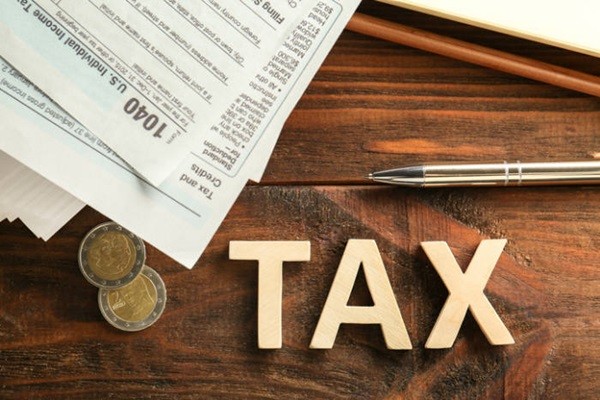Amount of national tax exemption in 2018 surpassed $35.4 billion (40 trillion KRW) for the first time. Some say that this year’s national tax exemption rate needs to be managed as it is expected to exceed legal limit for the first time in the past 10 years. Support for low-income families and financial decentralization are the main reasons why national tax exemption rate is going up.
Although entire amount of national tax exemption is going up, amount of tax exemption in R&D sector is actually going down.
South Korean Government decided on ‘basic plans for tax expenditures in 2019’ at the Cabinet meeting that took place on the 19th.
Estimated amount of national tax exemption in 2018 was $37.1 billion (41.9 trillion KRW) while tax exemption rate was 12.5%.
It is expected that this year’s amount of national tax exemption will reach $41.9 billion (47.4 trillion KRW). National tax exemption rate is expected to go up to 13.9% and exceed national tax exemption rate (13.5%). According to National Financial Act, South Korean Government must prevent national tax exemption rate from exceeding the limit to prevent reckless financial management. National tax exemption limit is calculated by adding 0.5% to average of national tax exemption rates from previous three years.
National tax exemption rate exceeded the limit in 2009 when there was global financial crisis. At that time, the rate was 15.8% and it exceeded the limit (14.0%) by 1.8%. Amount of national tax exemption was high as South Korean Government paid refund on oil price to respond to high oil price. It is expected that this year will be the third time when the rate exceeds the limit.
“Increase in EITC (Earned Income Tax Credit) and financial decentralization are expected to impact this year’s amount of national tax exemption.” said Lim Jae-hyun who is the tax policy officer for Ministry of Economy and Finance (MOEF). “We are going to make sure that the limit follows recommended regulation during revision process of our tax system.”

67.8% of last year’s tax exemption focused on workers, farmers and fishermen, small and medium companies, R&D, investments, and employment. It is expected that the percentage will go up to 69.6% this year. Percentage for workers is expected to go up from 36.5% to 42.2% while percentage for small and medium companies is expected to remain at 6.5%.
However, amount of national tax exemption and percentage of national tax exemption for R&D are expected to go down from $2.57 billion (2.9 trillion KRW) to $2.48 billion (2.8 trillion KRW) and 6.9% to 5.9% respectively. Despite policies for innovative growth, amount of national tax exemption for R&D sector is expected to go down.
“While we are going to reduce national tax exemption rate for general R&D, we are going to increase national tax exemption rate for R&D on new growth.” said Lim Jae-hyun.
To induce preemptive investments from companies into technologies related to Industry 4.0, MOEF is going to continue to provide tax exemption for R&D on new growth. Tax exemption system on R&D costs that are regulated based on manufacturing industry is expected to cover R&D costs from service industry as well.
Meanwhile, MOEF predicted that there would not be huge surplus of tax revenues in 2019 like last year.
Staff Reporter Yoo, Seonil | ysi@etnews.com